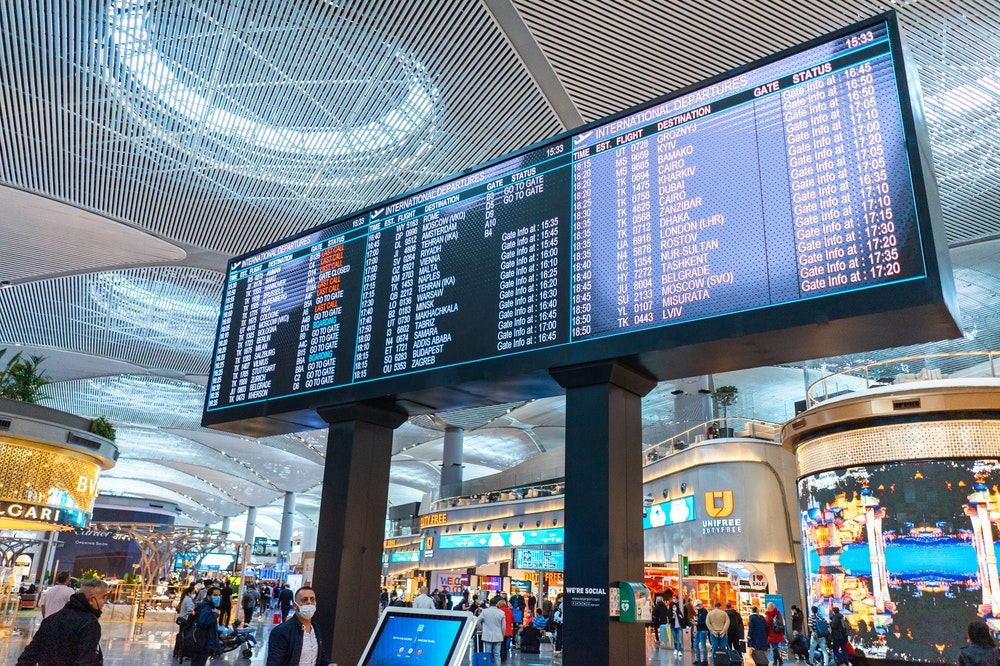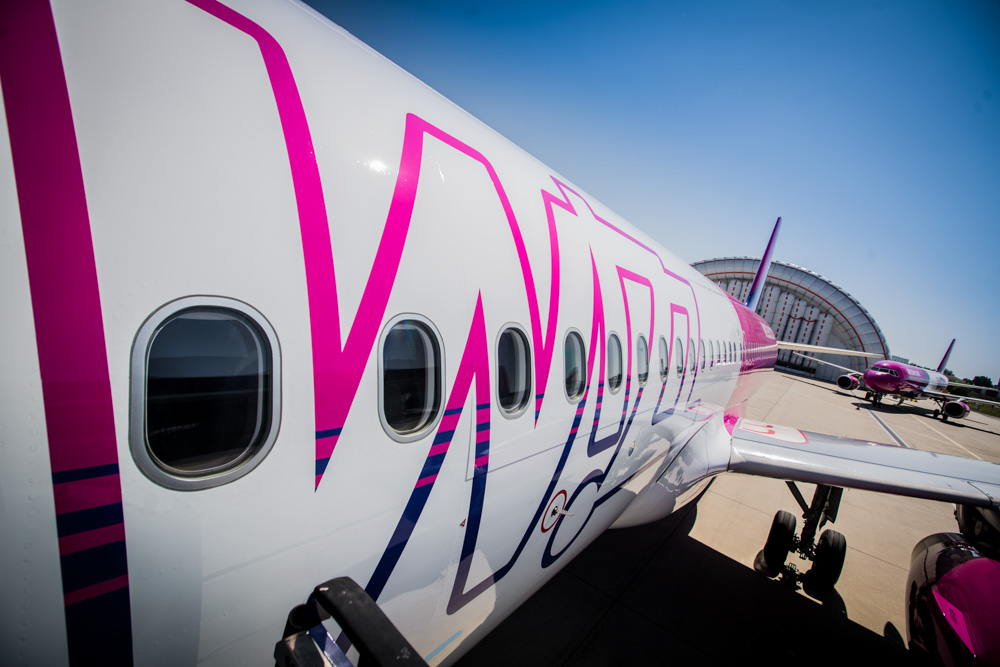Understanding the Montreal Convention and EC261.
When it comes to air travel, few things can be as frustrating as lost baggage or a flight that’s cancelled at the very last minute. But did you know that international regulations are in place to protect you in these situations? Two of the most important are the Montreal Convention and EU261 (European Flight Compensation Regulation).
In this blog post, we’ll break down the key differences between these two so you can travel with peace of mind (and know what to do when things go wrong).
Check your compensation online.
Key Differences Between the Montreal Convention and EC261
You will still want to read the whole article to better understand the rules but speaking of the differences here are the main ones:
- Montreal Convention (MC99) works worldwide.
- EC261 works only on all flights departing from Europe (all airlines) and on all flights with European airlines.
- Montreal Convention (MC99) covers baggage handling, cargo and passenger injury.
- EC261, on the other hand, helps you to get compensation for flight delays, cancellations and overbookings. It doesn’t cover baggage.
Continue reading to better understand your rights.
By Europe and EU here on this page we mean all EU Member States, the United Kingdom (UK), Guadeloupe, French Guiana, Martinique, Reunion, Mayotte, Saint Martin (French Antilles), the Azores, Madeira, the Canary Islands, Iceland, Norway, and Switzerland.
Introduction to Air Travel Rights in Europe and When Flying With European Airlines Like Wizz Air
What You Need to Know
When you’re rushing to catch a flight or dealing with an unexpected delay, the last thing on your mind is international aviation law. However, knowing your rights can make a big difference in these stressful situations. The Montreal Convention and EC261 are designed to offer protections, but they serve different purposes and cover different scenarios.
Why These Rules Matter
Understanding these regulations can help you claim compensation and get the assistance you deserve. Whether it’s a matter of lost luggage or a delayed flight, being informed can save you time, money, and a lot of hassle. Let’s dig into what each set of rules covers and how they can help you.
A quick note before we start – we’ll talk only about the most important details. First and foremost it’s an article written for travellers trying to better understand their rights when flying with Wizz Air and other airlines in Europe (not for legal professionals who need in-depth guidance on all the smallest legal nuiances).
The Basics of the Montreal Convention
What Is the Montreal Convention?
The Montreal Convention is an international treaty adopted in 1999 to unify and replace several older treaties related to air travel. It primarily deals with the responsibilities of airlines concerning passenger safety, baggage, and cargo.
Key Elements
The Montreal Convention covers:
- Baggage loss and damage. Airlines are liable for lost, damaged, or delayed baggage. It’s thanks to this law that you can get compensation for lost baggage, damaged baggage and delayed baggage.
- Passenger injury. It outlines the compensation airlines must provide in case of passenger injury or death.
- Worldwide coverage. Unlike the EC261 Montreal Convention works in most of the world and with many more airlines than the European regulation.
See the full document.
How Can You Get This Compensation?
When it comes to baggage compensation or compensation for injury or death, most flight compensation companies don’t deal with those types of claims.
You have to contact the airline yourself.
You have to make the claim yourself.
Go to wizzair.com to learn more about the specific guidelines.
Why It’s Important
This treaty is crucial because it standardises air passenger rights across different countries, making it easier for travellers to understand what they are entitled to no matter where they are flying. It doesn’t matter if you are flying to or from Europe, nor if it’s a European airline or not – you may still be protected by this law.
Check your compensation online.

The Basics of EC261
What Is EC261?
EC261 is a regulation established by the European Union to protect passengers’ rights in case of flight disruptions. Enacted in 2004, it applies to all flights departing from an EU country or arriving in an EU country on an EU-based airline.
When departing from a European airport – it doesn’t matter what airline it was.
When departing from elsewhere and flying to a European airport – it must be a European airline.
Flights from a non-European airport to a non-European airport (both origin and destination is outside Europe) are not covered.
Key Elements
EC261 provides compensation and assistance for:
- Flight delays. You can receive financial compensation for delays over three hours.
- Flight cancellations. If the flight is cancelled less than 14 days before departure you can get compensation from Wizz Air (and other airlines).
- Denied boarding. Were you denied boarding due to overbooking? You have a right to denied boarding compensation from the airline.
In all these situations, it must be the airline’s fault for you to be eligible for compensation.
In all these situations, you may also have a right to care.
How Can You Get This Compensation?
In order to get compensation from Wizz Air, there are two best options – doing this yourself or working with a flight compensation company. Both options have their pros and cons, so it’s important to weigh them carefully before making a decision.
If you choose to pursue the compensation process yourself, it’s important to know that this takes time, sometimes months. In short, this can be time-consuming and overwhelming for someone who is not familiar with airline regulations and legal jargon. On the other hand, you can keep the whole compensation when and if you are getting it.
You can choose to work with a flight compensation company. It’s not for free, but can alleviate much of the stress and hassle associated with seeking compensation on your own. These companies have experience dealing with airlines and navigating the complex process of filing a claim for flight delays or cancellations.
Why It’s Important
EU261 is significant because it places a strong emphasis on passenger rights, ensuring that airlines take responsibility for disruptions and provide adequate compensation.
Check your compensation online.

Featured photo by Pexels